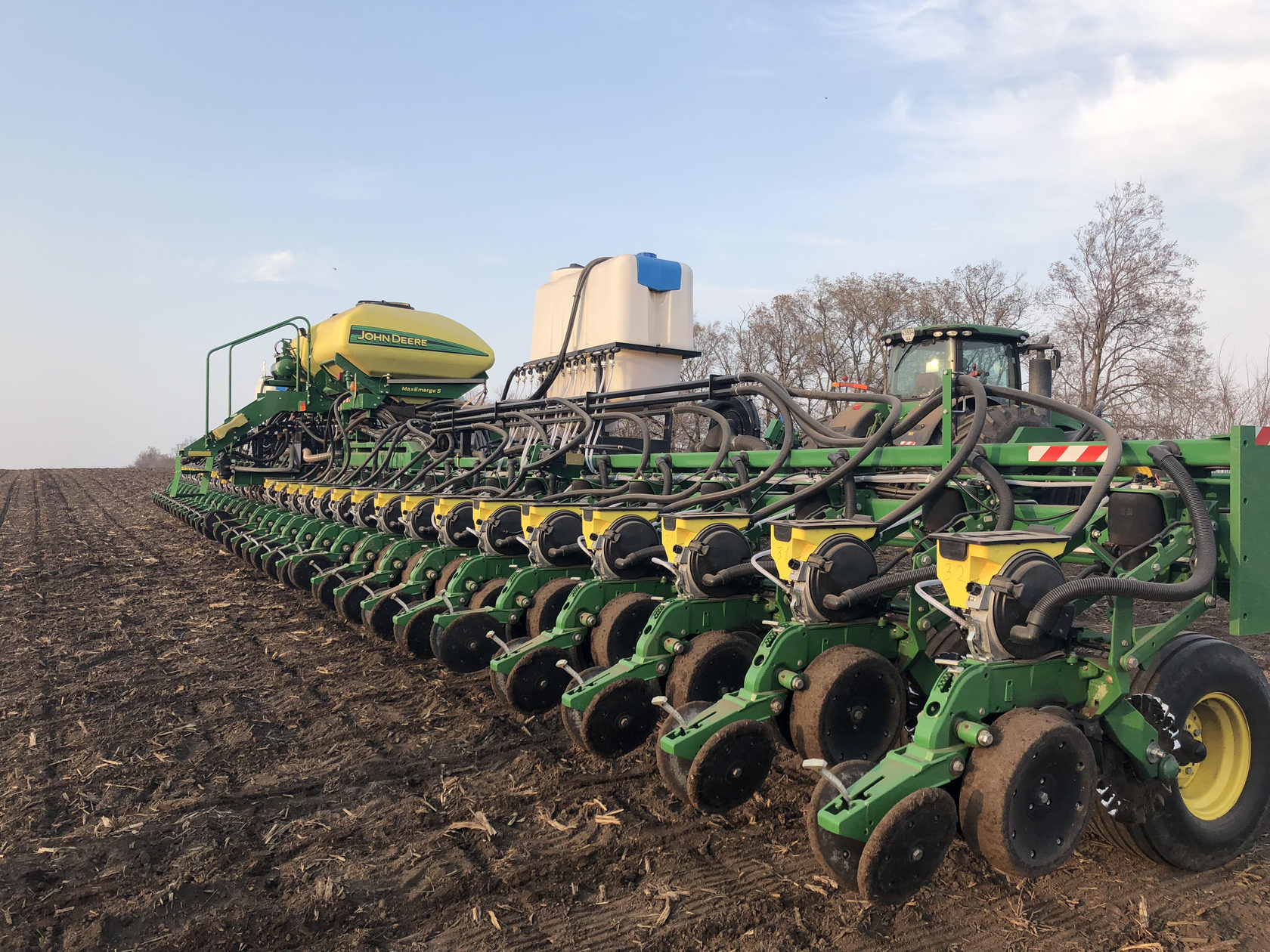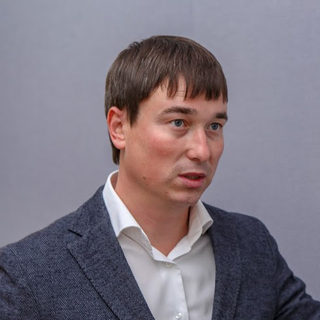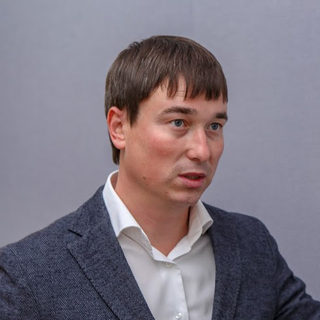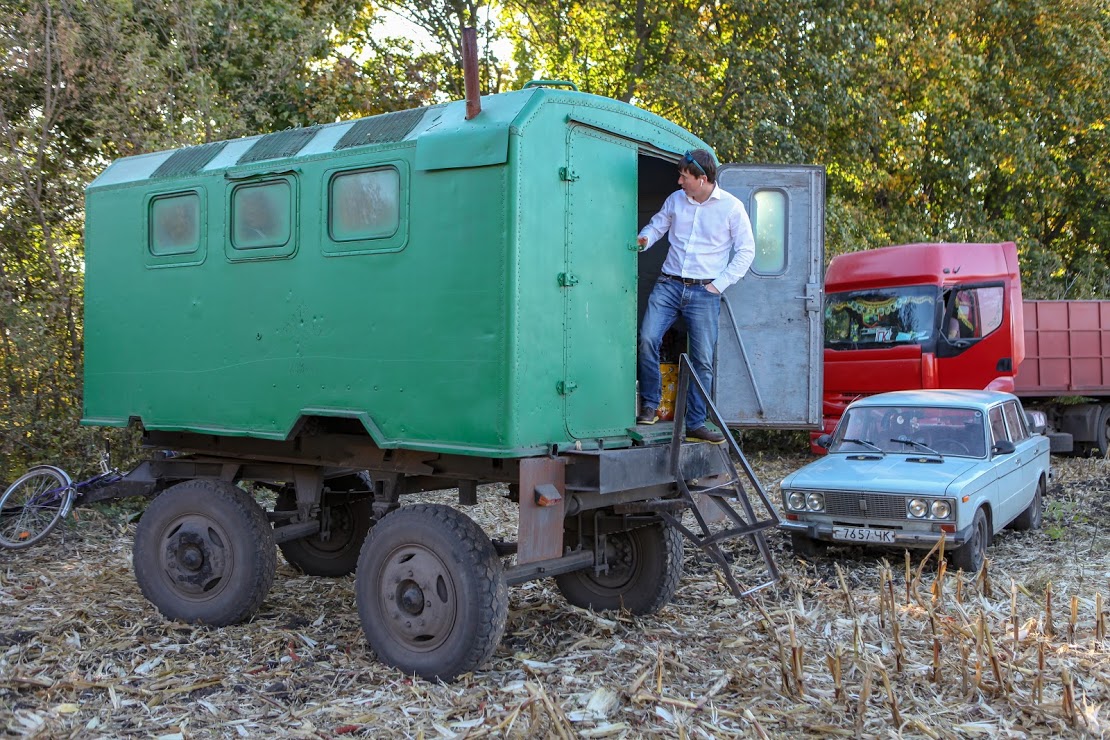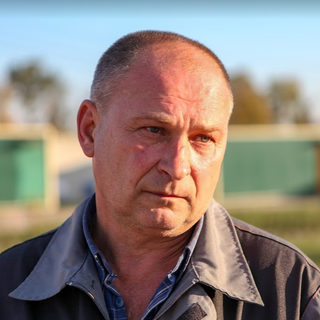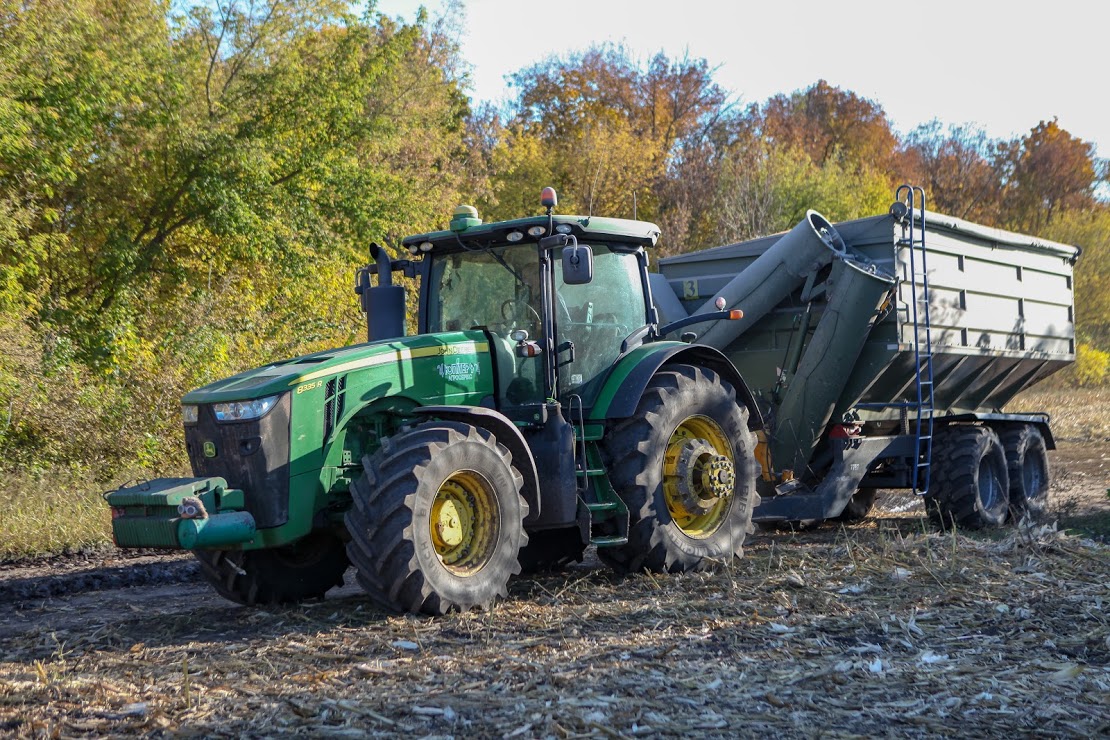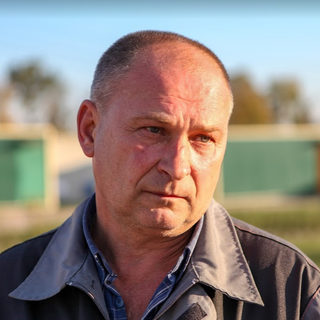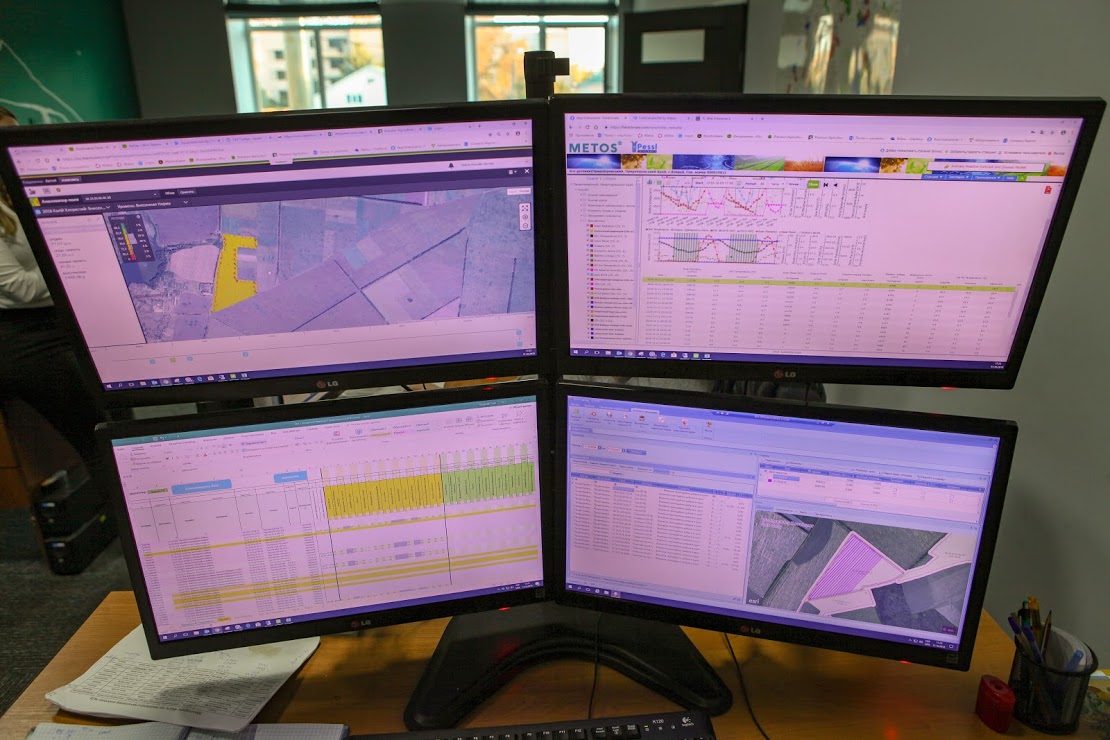According to Mikhail, the system of mechanical units has been another ingredient to this year's success. This unit, consisting of about 40 people. It is solely focused on production and technology, leaving other units to deal with land, social and other issues.
The principle of mechanical units' work was first tested at the Zahidnyi cluster, earlier headed by
Igor Chykin, the new director for Agribusiness at Kernel. Each unit is responsible for 10 thou. ha. This area can be used for various crops, but the company is estimating the feasibility of using the land for a monocrop all year round.
